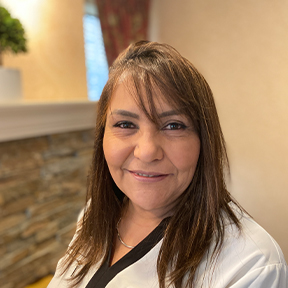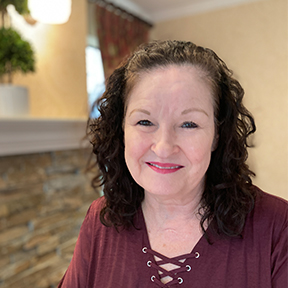Your urban oasis in
West Seattle
There’s just something special about this community and the people who call it home. If you live here, you know. If you don’t, it’s time to discover what you’ve been missing. Whether you’re at home in an energetic community, a beautiful garden, or a vibrant urban setting, you can have it all here.

Moving in is just the beginning.
Joyful spaces, friendly faces, and not a chore in sight.
Savor delightful tastes and good times in one of four intimate dining spaces.
So many ways to stay connected, continue learning, and be inspired.
Senior living options in West Seattle.
Everyone deserves a place where they feel safe, comfortable, and free to be themselves—or, as our residents call it, home. Village Green West Seattle proudly serves Seattle, Bellevue, and everything in between!

Spacious independent living apartment homes in the heart of our vibrant community.
Starting at $3,095/mo.

A blended community offering both independent and assisted living with care services.
Starting at $3,695/mo.

Assisted living apartment homes surrounded by the comforts of nature.
Starting at $3,295/mo.
Living Options
Convenience, community, and caring staff create a family atmosphere where independence thrives.
Independent Living
Feel free to choose your own adventure every day, knowing that we have taken care of everything else.
Assisted Living
Supportive services and care that allow residents to remain as independent as possible in their own private residences.
Short-Term Stays
Book a brief stay for respite care, overnight guests, or just to get an idea of what it’s like to live in this lovely environment.
Contact Us
Stay updated
Enter your email to get news and updates about Village Green West Seattle.








